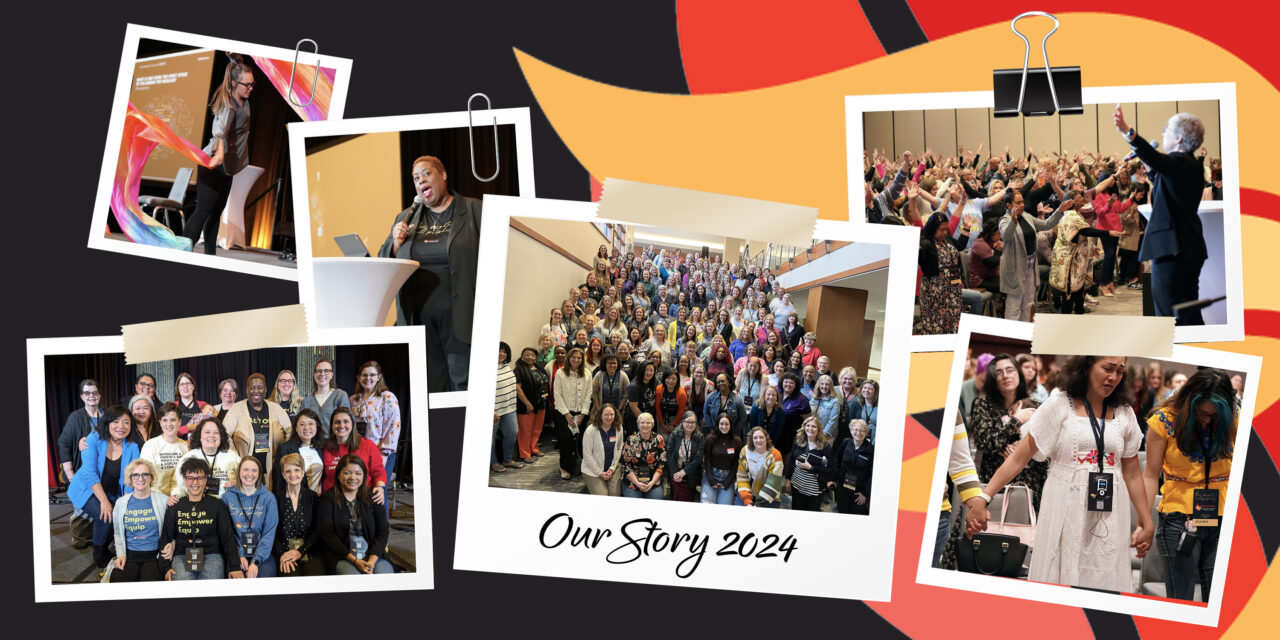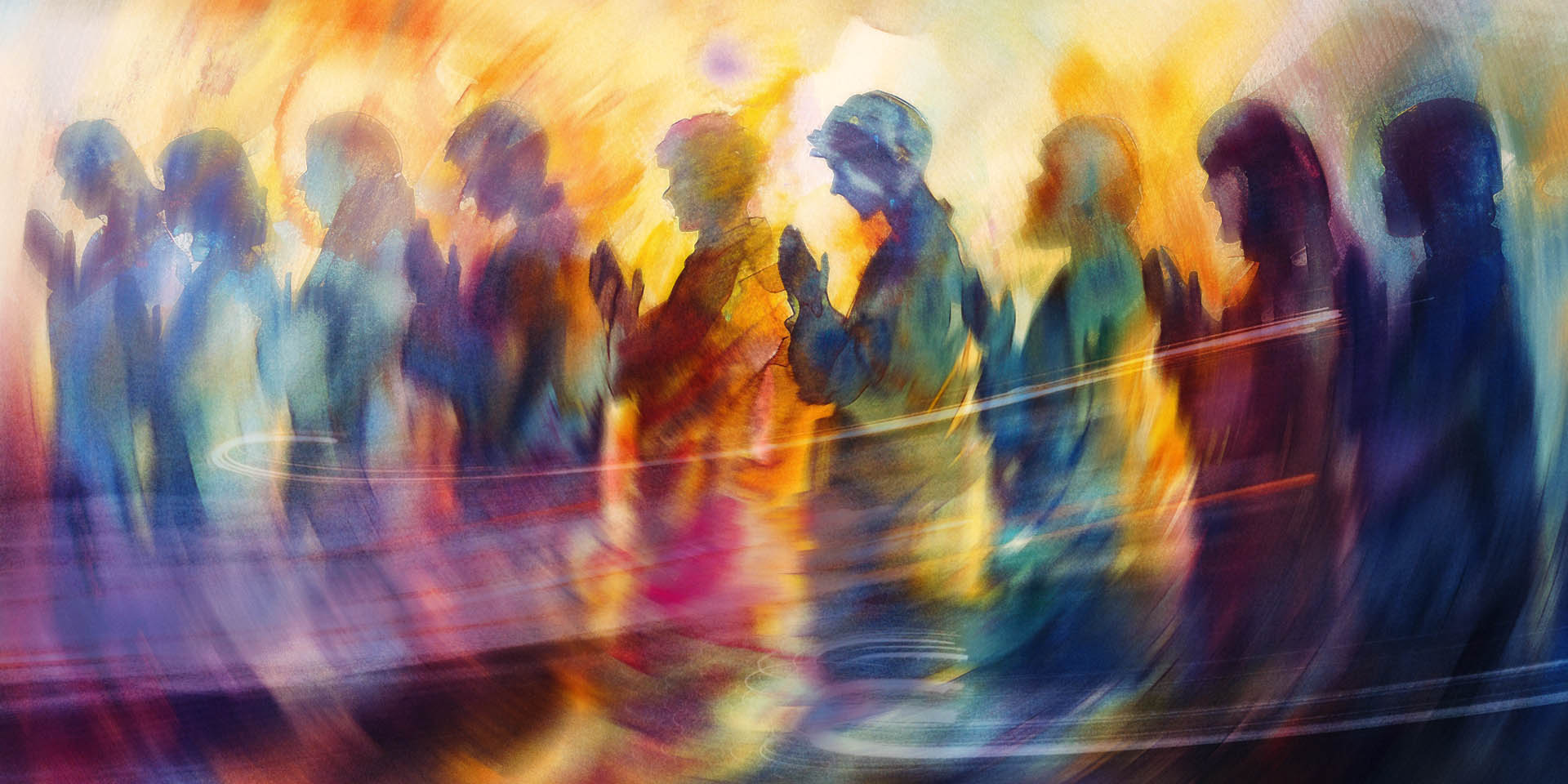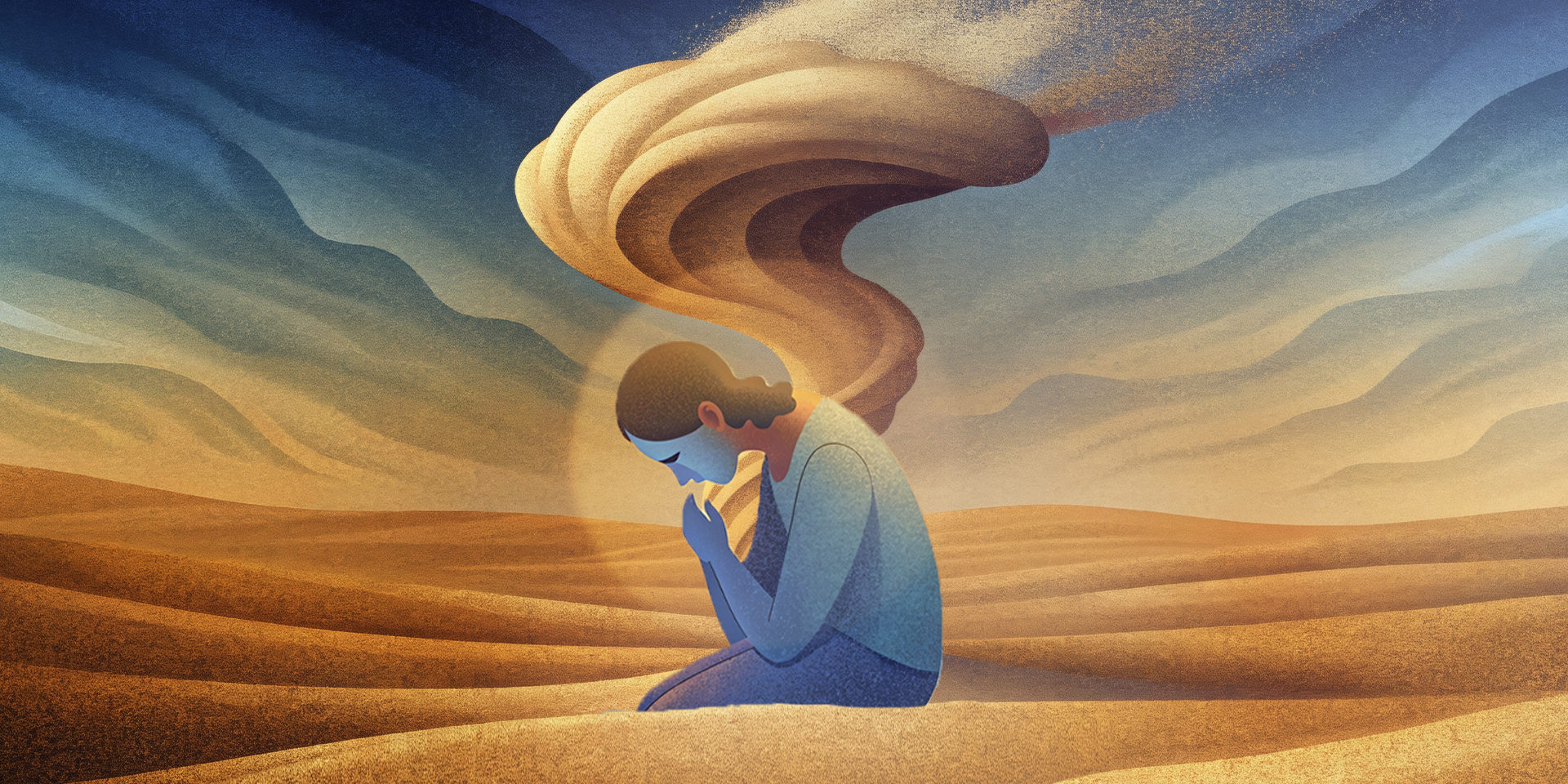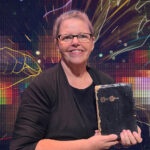By Heather Baker Utley
At age 7, I remember walking through the doors of my church for the first time. We were greeted by a pastor who happened to be female, Rev. Carol Cutting. I don’t remember a time in my life when I didn’t know that a woman could be a pastor. Around the age of 15 when my pastors began inviting me to consider that I was called to ministry, I knew it could be possible because I had seen it with my own eyes. I had heard women preach and had seen them lead at every level of the church alongside men for my entire life.
_
“I believe that the Holy Spirit is inviting men and women to co-labor together at each of our churches as witnesses to a fully restored creation.”
_
I know that experience is rare. Even today in the Free Methodist Church USA, which supports the full leadership of women at every level, only 15% of our lead pastors are women, and only 38% of churches have an ordained woman pastor appointed. This means that 62% of our churches are missing female pastors co-laboring in a full expression of the body of Christ. I don’t think that is the future God is calling us into; rather, I believe that the Holy Spirit is inviting men and women to co-labor together at each of our churches as witnesses to a fully restored creation. God is making things new, and He wants to make us new!
We can celebrate that encountering a woman pastor was not rare March 7-9 in Dallas, Texas, at the Hyatt Regency DFW. Nearly 800 women pastors, students, and male advocates gathered for the Wesleyan Holiness Women Clergy’s E2024 conference, nearly 200 of them from the Free Methodist Church. This conference began in the early 1990s at the initiative of a Church of God minister, Dr. Susie Stanley, who brought together an ecumenical group of women ministers for encouragement and networking. The first event in 1994 hosted 400 women in Glorieta, New Mexico. It has since become a biennial tradition for women from several Wesleyan faith traditions, including the Free Methodist Church, Church of God (Anderson), Church of the Nazarene, The Salvation Army, and The Wesleyan Church. It’s a tradition that has now spanned 15 gatherings over 30 years of women from the Wesleyan Holiness tradition joining together and seeking a movement of the Holy Spirit.
This month’s gathering also included a pre-conference of 156 Free Methodist women pastors for Our Story 2024, the second pre-conference gathering by and for Free Methodist women pastors. I cannot emphasize enough how active and present the Holy Spirit was in the gatherings in Dallas last week. Amid all that God did in and among nearly 800 people, I want to highlight a few themes.
Storytelling
During the Free Methodist pre-conference Our Story, organized by Rev. Marianne Peña and a team of FM pastors, women clergy were encouraged to consider our collective story as FM ministers. This included moving through spaces of worship, lament, and a call to move forward in holiness. After a powerful reflection on lament led by Superintendent Joanna DeWolf, the women practiced a Wesleyan soul care small group answering the question, “How is it with your soul?” In summary of this time, one attendee remarked, “Everyone is going through something,” and through Our Story, women had a chance for their stories to be seen and heard.
_
“Our sisters can and will help us heal and change.” – Albert Hung
_
The theme of storytelling continued throughout the week, with women sharing their stories over meals, in hallways, through workshops, and into the late hours. The Holy Spirit ministered powerfully in these spaces of storytelling, bringing healing and connection.
Rev. Kayleigh Clark brought her work on storytelling to a standing-room-only crowd of 130 workshop attendees. In her WHWC E2024 workshop titled, “Answering God’s Call to Care for Those Wounded by the Church,” Rev. Kayleigh highlighted her doctoral research on collective congregational trauma. Her work has launched Restor(y), an organization that is restoring the church through trauma-informed training, resources, and partnerships for churches. Superintendent Albert Hung of the Northern California District of the Church of the Nazarene reflected on the way Rev. Kayleigh’s workshop resonated with the hearts of women clergy. He shared, “I am convinced that much religious trauma is a byproduct of, and is compounded by, a church that has been overwhelmingly controlled by men. Our sisters can and will help us heal and change. Together, side by side, we can become a good and beautiful community that reflects the perfect love of God.”
What impacted me the most in hearing women’s stories over the four days of the two conferences was seeing the creativity of God’s Spirit, who continues to call women to pastoral ministry when there seems to be no clear way. God’s still small voice calls to women, asking them to step into leadership even in situations when they haven’t seen it represented or modeled in their churches. God is creatively bringing new structures together for shared leadership that have never been done before, with men and women co-pastoring together.
One E2024 keynote speaker, Rev. Tatum Osbourne of the Church of God (Anderson) encouraged women to not take this unexpected journey alone. Rather, she implored them to follow Mary’s example and “find their Elizabeth” who can hear their story and help them bring forth the dream God has given them. It’s a powerful reminder for any woman who feels alone in their calling to know that by “finding their Elizabeth,” they can gain the wisdom and the courage for the path God has called them to.
Embodiment
Being a woman pastor means pastoring while being wholly aware I exist in a body that isn’t the first one most people associate with the title of pastor. To be pastoring in our U.S. context as a woman is a prophetic work, a belief in a future kingdom made present today, where sons and daughters labor together. To help women clergy feel more grounded and at peace in their own bodies, the conference planners intentionally embodied multiethnic diversity in the leadership of the conference and included multiple sessions of “embodiment practices,” inviting dancers and flaggers to lead worship in the main sessions, and inviting two Free Methodist pastors, Rev. Dr. Rebecca Letterman and Rev. Kari Morris-Guzman, to the stage to lead attendees in “embodiment practices.”
_
“We don’t want to just be hearers; we want to be doers.” – Rev. Dr. Rebecca Letterman
_
In one main session, Rev. Dr. Rebecca Letterman led the nearly 800 attendees through an exercise to connect body, mind, and spirit. She asked, “How do we say yes fully to the Holy Spirit? One way we do it is by including our bodies, a full yes to what God is saying. … We don’t want to just be hearers; we want to be doers.” In this, Dr. Letterman highlighted how body, mind, and spirit often get separated from one another in our ministry lives. By bringing them back together, we experience how Jesus lived as an embodied spiritual person. I believe it’s through the intentionality of these embodied practices in connecting mind, body, and spirit that women experienced a powerful movement of the Holy Spirit among them throughout the week.
In her workshop session, “Making the Gospel Accessible to All People,” Rev. Kari Morris-Guzman also reflected on Luke 14:12–24. She said, “As a pastor who has been on the able-bodied side of ministry and the disabled side of ministry, I have often observed that the church does not go quickly to invite the poor and the crippled, the blind and the lame as Jesus instructed.” She quoted from “My Body is Not a Prayer Request” author Amy Kenny: “God doesn’t remake bodies to fit the world but restores the world to welcome our diverse bodies.” Rev. Kari’s expansion of the idea of “your daughters will prophesy” accentuates how we haven’t arrived simply when we have included able-bodied women alongside men in pastoral leadership, because we also need our leadership to welcome and embody the diverse array of bodies that exist among all people.
Prophesying
The theme verse for the gathering was pulled from Acts 2:17 (citing Joel 2:28): “In the last days, God says, I will pour out my Spirit on all people. Your sons and daughters will prophesy, your young men will see visions, your old men will dream dreams.”
_
“Maybe they’ll listen to our words, but if they don’t, they’re sure going to feel our presence.” – Rev. Sandra Maria Van Opstal
_
Rev. Soo Ji Alvarez, the conference director for E2024, reflected on the theme: “For me, this theme is a supernatural directive to both men and women to help advocate for other women, both young and old, to have a voice and to use their voices to prophesy into spaces where we typically only hear male voices speaking, teaching, preaching, praying and prophesying. Clearly, the Holy Spirit is still calling both his sons and daughters to prophesy to better embody the spiritual family that He has called us to be. I am still in full-time ministry due to the faithfulness of my spiritual mothers, who prayed for me, preached over me, taught me, guided me, mentored me, and cried many tears over me and many other spiritual daughters. We are daughters who prophesy now because we had spiritual mothers and fathers who prophesied over us. It is the very spirit of the Most High God that fills us and gives us the strength and courage to be daughters who prophesy.”
E2024 mainstage speaker Rev. Sandra Maria Van Opstal tied the theme to the prophetic leadership of the prophetess Miriam, who began her ministry work as a young girl, saving her brother Moses and courageously approaching Pharoah’s daughter. Through Miriam’s witness, Rev. Sandra said, “We see that our prophecy is embodied in praise and protest.” She reminded attendees of the prophetic work of showing up: “Maybe they’ll listen to our words, but if they don’t, they’re sure going to feel our presence.” She further encouraged everyone to consider their role in prophetic leadership, mentoring women under 30, and inviting the next generation of women to take up space alongside us.
As the Free Methodist Church seeks to live out the God-given dream to ignite a Spirit-fueled movement, we are limited in the expression of that movement if the embodied presence of women of all ethnicities and abilities isn’t active in our churches. Acts 2:17 says the Spirit will lead both sons and daughters to prophesy. The women clergy of Our Story and E2024 are evidence that God is igniting a Spirit-fueled movement by raising up his daughters to tell the story of Jesus, embody His presence, and prophesy on His behalf. Are all of our churches going to heed the call to witness to the full expression of God’s Spirit? For full freedom of the Spirit to be at work in our movement, our churches need to listen to these daughters and follow their lead.
I thank God for the ministry of Our Story and the E2024 Wesleyan Holiness Women Clergy Conference, which is equipping women to lead at every level of the church.
Click here to still participate in E2024 by viewing the Livestream sessions.
To learn more about Wesleyan Holiness Women Clergy, visit whwomenclergy.org.
+
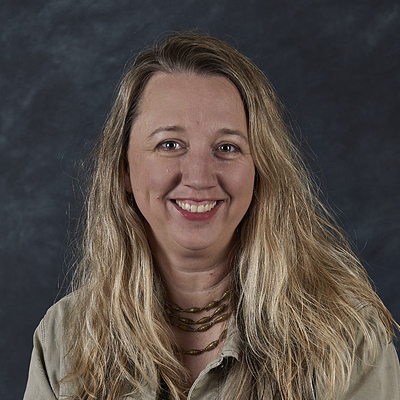
Heather Baker Utley is a district leader for South Texas and communications director at The River Conference. In addition, she serves as web designer for Light + Life Communications and communications director for Wesleyan Holiness Women Clergy. She’s also pastoring locally through the teaching and communications teams at The Park Community Church. She lives in San Antonio, Texas, with her husband, Clay, and their two sons.

